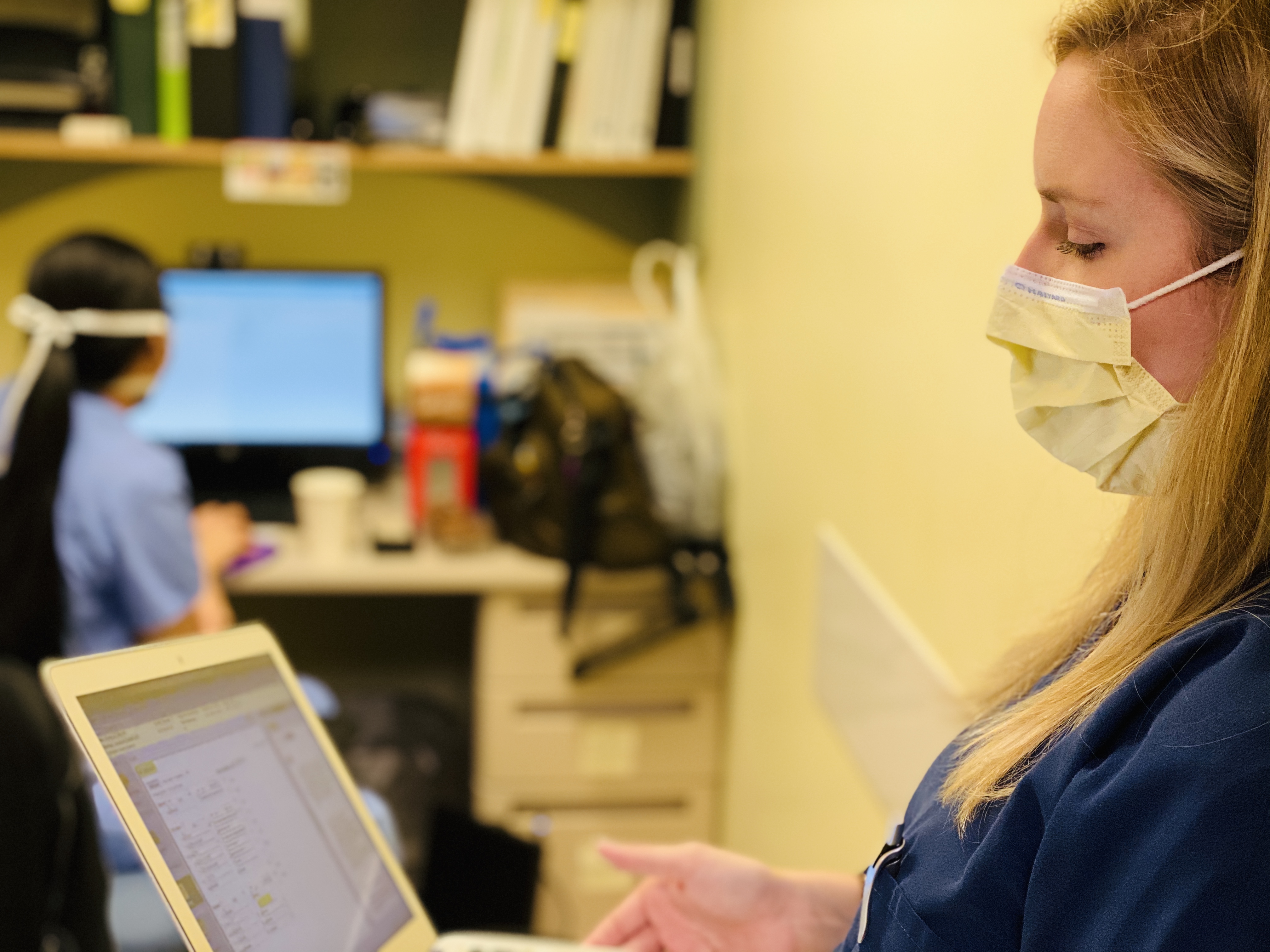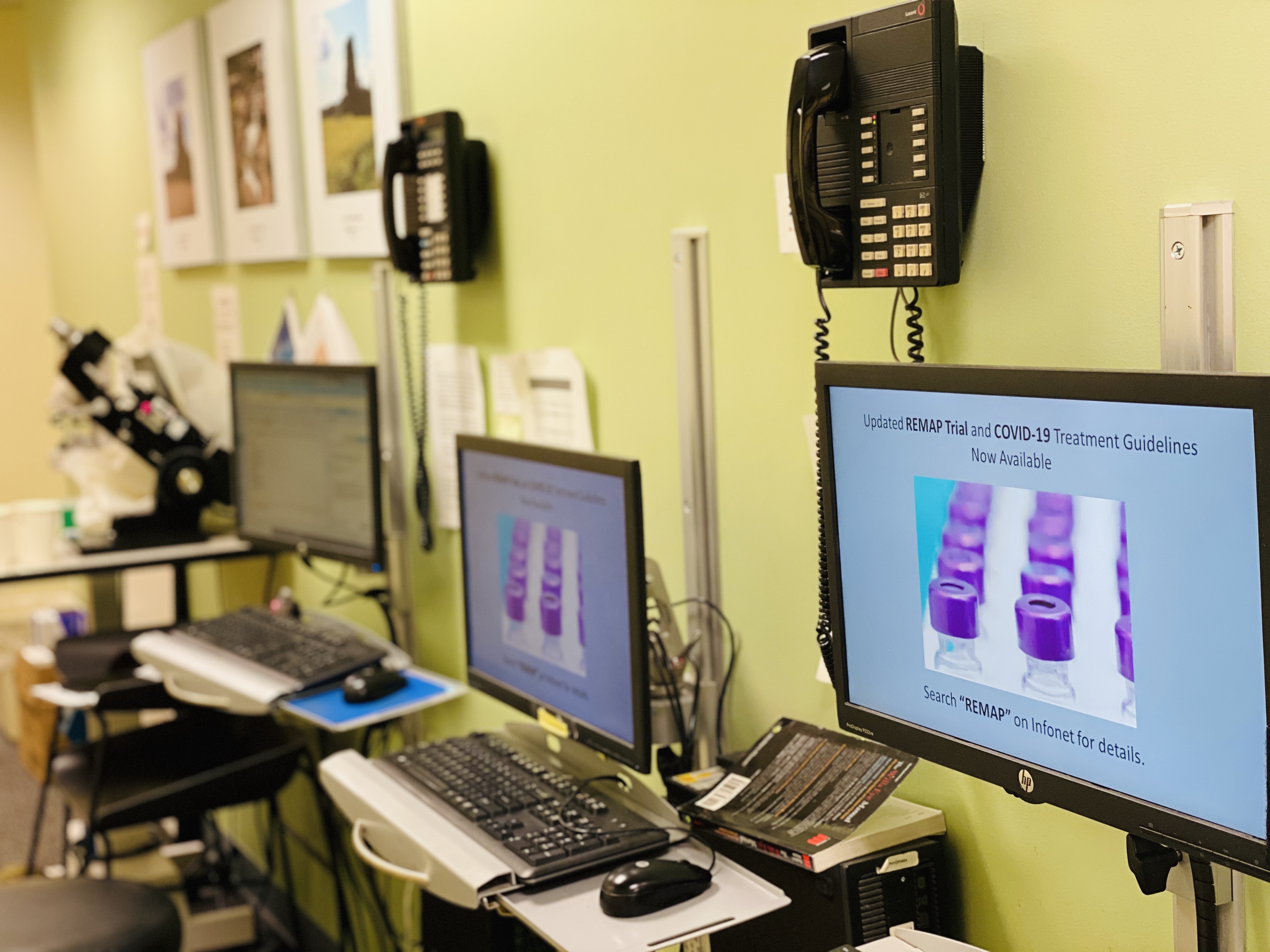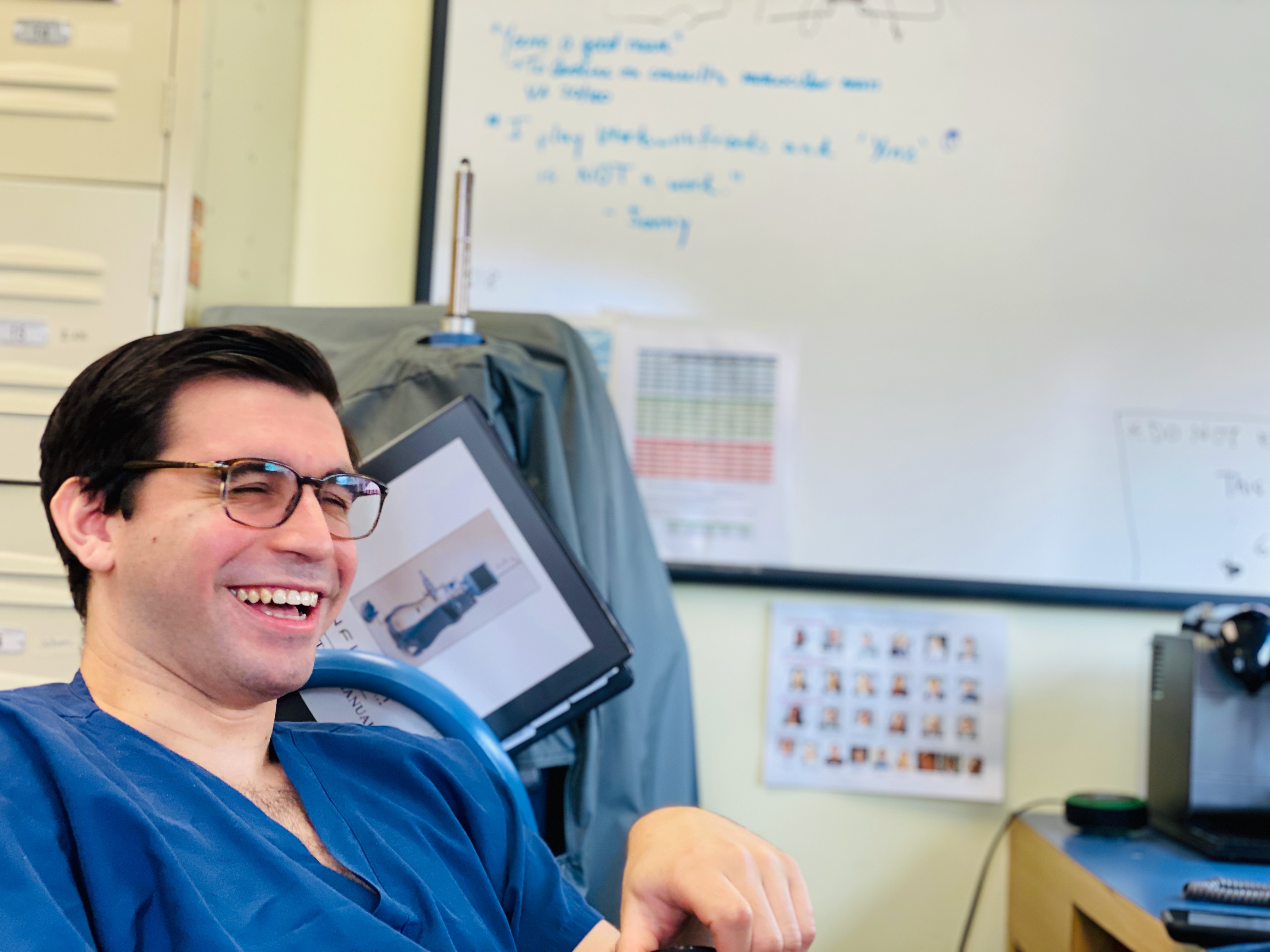The ophthalmology residency program at the University of Pittsburgh School of Medicine offers an exciting and comprehensive educational experience. The program seeks a diverse group of individuals who are intellectually able, academically competent, motivated, and whose prior activities suggest a strong commitment to personal excellence. The program selects applicants who have demonstrated compassion, professional responsibility and ethical values in the best tradition of the medical profession. Furthermore, the ability to get along well with others is highly valued, as well as a demonstrated "generosity of spirit" in dealing with peers, ancillary personnel, and teachers. The ophthalmology residency program at the University of Pittsburgh School of Medicine has its clinical base at the Eye and Ear Institute of the University of Pittsburgh Medical Center, and at three affiliated Pittsburgh clinical loci - Children's Hospital, the Veterans Administration Hospital, and the Eye Clinic/Health Center Ophthalmology, Inc. (located in The Eye & Ear Institute). The program is accredited by the Graduate Council on Medical Education of the American Medical Association. Residency training periods begin on July 1st, and six residents are chosen each year, making the total residency complement of 18 men and women.
Residents are encouraged to participate in active research, either basic or clinical. Experienced senior investigators are available for advice, discussion, and supervision. Successful resident investigators are encouraged and supported to present their work at ARVO (Association for Research in Vision and Ophthalmology) each year. Manuscripts for publication are expected to be submitted within three months after this meeting.
At the completion of training, residents are well-trained in general ophthalmology, retina/vitreous disorders, strabismus/pediatric ophthalmology, glaucoma, oculoplastic surgery, neuro-ophthalmology, cataract and intraocular lens surgery, contact lens refraction and fitting, and low vision. In this context, residents participate in scheduled didactic and practical courses in microsurgery, phaco-emulsification, intra-ocular lens implantation and laser treatment and surgery. A very high percentage of graduating residents are accepted to superior fellowship programs for subspecialty training.


